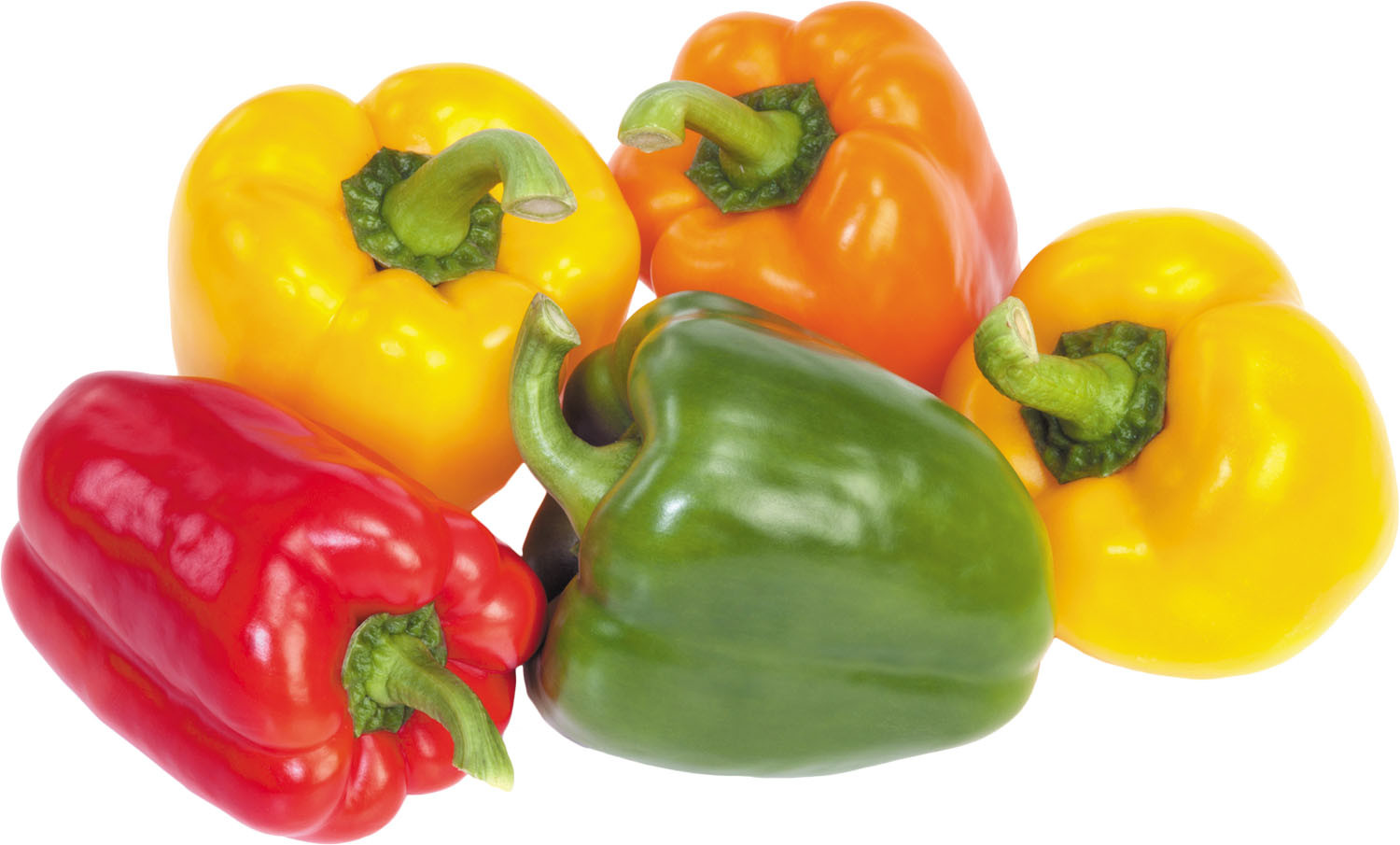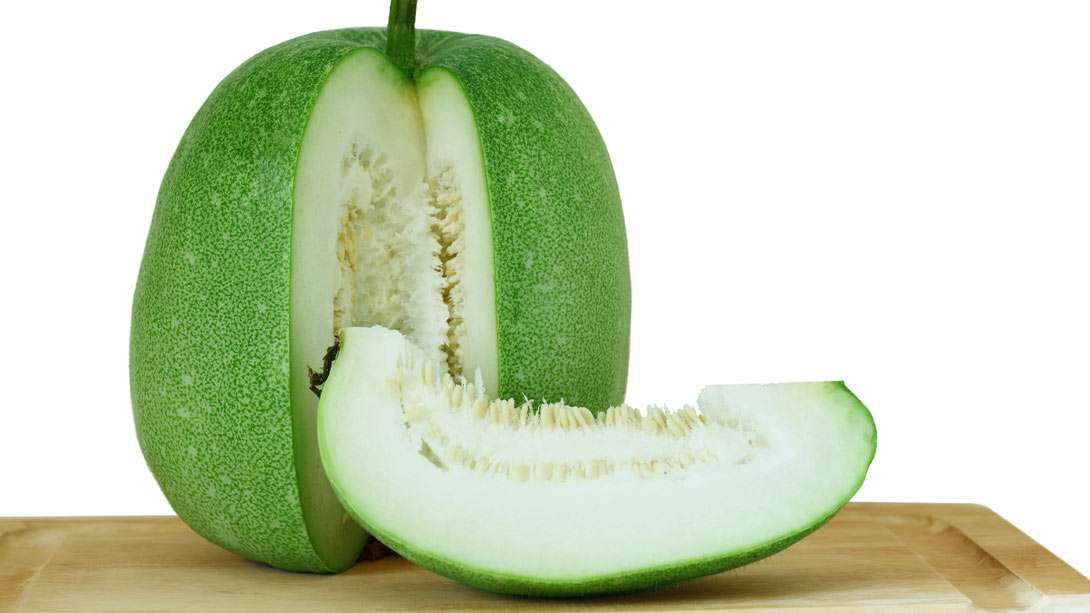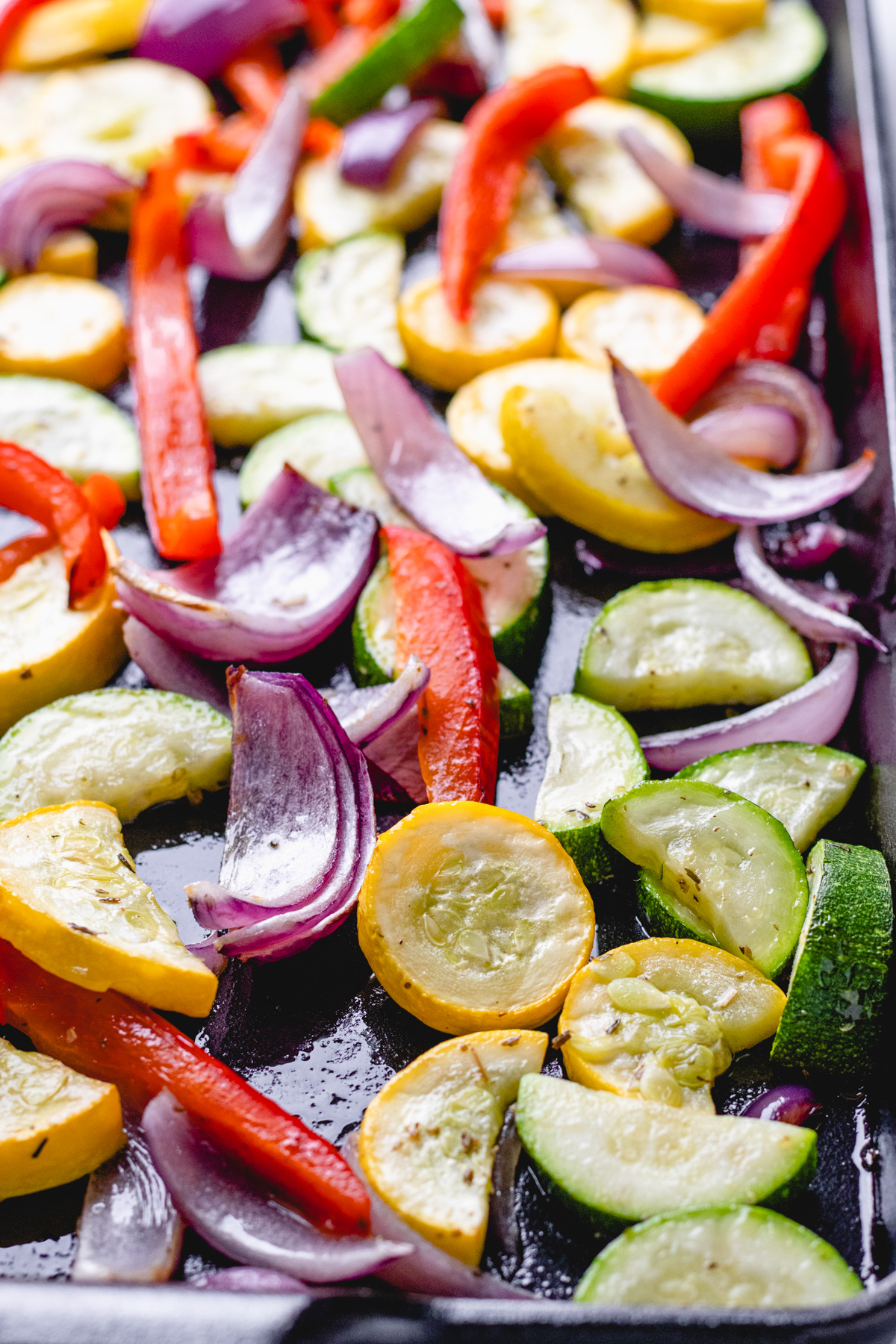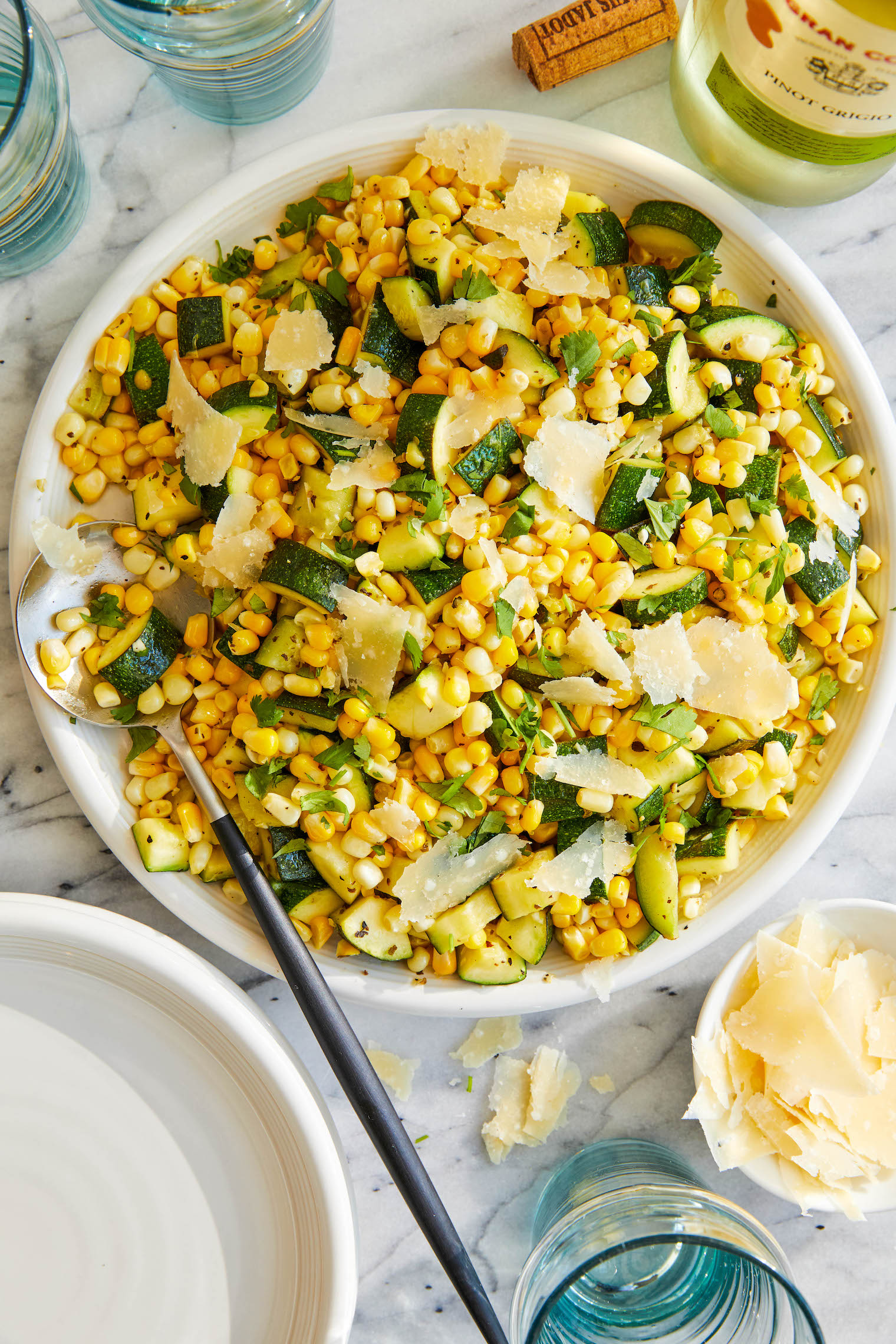The Summer Vegetables You Need In Your Diet
The Summer Vegetables You Need in Your Diet
Summer is a time for fresh, seasonal produce. And when it comes to vegetables, there are a lot of great options to choose from. Here are some of the most important summer vegetables to include in your diet:
- Cucumbers: Cucumbers are a great source of hydration, and they also contain vitamins C and K. They are a refreshing and versatile vegetable that can be eaten raw, cooked, or pickled.

- Tomatoes: Tomatoes are a good source of lycopene, an antioxidant that has been linked to a reduced risk of cancer. They are also a good source of vitamins C and K. Tomatoes can be eaten raw, cooked, or processed into sauces or ketchup.

- Bell peppers: Bell peppers are a good source of vitamin C, and they also contain vitamins A and K. They come in a variety of colors, each with its own unique flavor. Bell peppers can be eaten raw, cooked, or roasted.

- Zucchini: Zucchini is a low-calorie vegetable that is high in fiber and water. It is also a good source of vitamins C and K. Zucchini can be eaten raw, cooked, or grilled.

- Eggplant: Eggplant is a good source of dietary fiber, potassium, and vitamins B1 and B6. It is also a good source of antioxidants. Eggplant can be cooked in a variety of ways, including roasting, grilling, or baking.

- Summer squash: Summer squash, such as yellow squash and zucchini, are low in calories and high in nutrients. They are a good source of vitamins A and C, as well as potassium and fiber. Summer squash can be eaten raw, cooked, or grilled.

- Melons: Melons are a refreshing and sweet fruit that is a good source of hydration. They are also a good source of vitamins A and C. Melons can be eaten fresh, frozen, or canned.

- Berries: Berries are a good source of antioxidants, vitamins, and minerals. They are also a good source of fiber. Berries can be eaten fresh, frozen, or cooked.

In addition to these vegetables, there are many other summer vegetables that are healthy and delicious. Some other good options include corn, peas, green beans, spinach, and carrots.
Eating a variety of summer vegetables is a great way to stay healthy and hydrated during the hot summer months. These vegetables are packed with nutrients that are essential for good health, and they can help you stay cool and refreshed. So next time you're at the grocery store, be sure to pick up some of your favorite summer vegetables. Your body will thank you for it!
If you're looking for more information about two summer vegetables, I recommend visiting the website Garden Wiki. This website has a wealth of information on a variety of topics, including tomatoes and zucchini. The articles are well-written and informative, and the website is easy to navigate. I'm confident that you'll find the information you're looking for on this website.
For example, in the article "The Health Benefits of Tomatoes," you can learn about the many ways that tomatoes can improve your health. Tomatoes are a good source of vitamins A and C, as well as lycopene, an antioxidant that has been shown to reduce the risk of cancer. You can also learn about different ways to cook and eat tomatoes, from simple salads to more complex dishes.
In the article "Zucchini: A Summer Vegetable with Many Benefits," you can learn about the nutritional value of zucchini. Zucchini is a low-calorie vegetable that is high in fiber and vitamins A and C. It is also a good source of potassium, which is important for heart health. You can also learn about different ways to cook and eat zucchini, such as grilling, roasting, or adding it to soups and stews.
I encourage you to visit the website Garden Wiki to learn more about tomatoes and zucchini. You'll find the information you're looking for, and you may even discover some new recipes that you'll love.
FAQ of two summer vegetables
Question 1: What are two summer vegetables?
- Answer: There are many summer vegetables, but some of the most popular include tomatoes, cucumbers, zucchini, eggplant, peppers, corn, and beans. These vegetables are typically in season during the summer months and are a great way to add flavor and nutrition to your meals.
Question 2: How do I choose the best summer vegetables?
- Answer: When choosing summer vegetables, look for ones that are firm and have bright, vibrant colors. Avoid vegetables that are soft, wilted, or have bruises. You can also smell the vegetables to make sure they have a fresh, appealing aroma.
Question 3: How do I store summer vegetables?
- Answer: Most summer vegetables can be stored in the refrigerator for a few days. However, some vegetables, such as cucumbers and zucchini, should be stored in a cool, dark place. You can also freeze summer vegetables for longer storage.
Question 4: How do I cook summer vegetables?
- Answer: There are many ways to cook summer vegetables. You can roast them, grill them, steam them, saute them, or stir-fry them. You can also add them to salads, soups, or stews.
Question 5: What are the health benefits of summer vegetables?
- Answer: Summer vegetables are a good source of vitamins, minerals, and antioxidants. They are also low in calories and fat. Some of the specific health benefits of summer vegetables include:
- Tomatoes: Tomatoes are a good source of vitamin C, potassium, and lycopene. Lycopene is an antioxidant that has been linked to a reduced risk of cancer.
- Cucumbers: Cucumbers are a good source of vitamin K, potassium, and magnesium. They are also a good source of water, which can help you stay hydrated in the summer heat.
- Zucchini: Zucchini is a good source of vitamin C, potassium, and fiber. It is also a low-calorie vegetable that can help you feel full.
- Eggplant: Eggplant is a good source of vitamin C, potassium, and fiber. It is also a good source of antioxidants.
- Peppers: Peppers are a good source of vitamin C, potassium, and beta-carotene. Beta-carotene is an antioxidant that has been linked to a reduced risk of cancer.
- Corn: Corn is a good source of vitamin C, potassium, and fiber. It is also a good source of carbohydrates, which can provide you with energy.
- Beans: Beans are a good source of protein, fiber, and iron. They are also a good source of vitamins and minerals.
Image of two summer vegetables
Here are 5 different images of two summer vegetables from Pinterest:





Post a Comment for "The Summer Vegetables You Need In Your Diet"